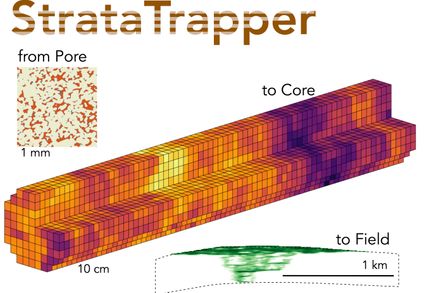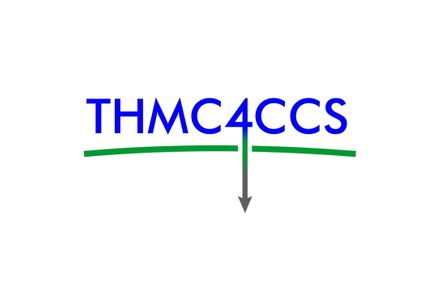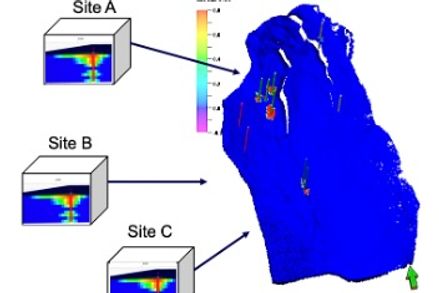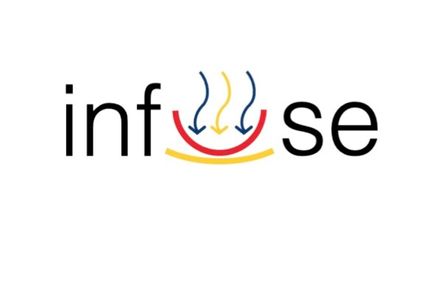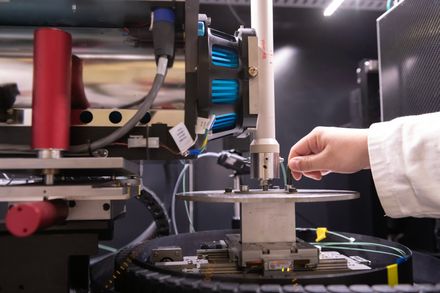BibTex format
@article{Kolster:2017:10.1016/j.ijggc.2017.01.014,
author = {Kolster, C and Mechleri, E and Krevor, S and Mac, Dowell N},
doi = {10.1016/j.ijggc.2017.01.014},
journal = {International Journal of Greenhouse Gas Control},
pages = {127--141},
title = {The role of CO<inf>2</inf> purification and transport networks in carbon capture and storage cost reduction},
url = {http://dx.doi.org/10.1016/j.ijggc.2017.01.014},
volume = {58},
year = {2017}
}
